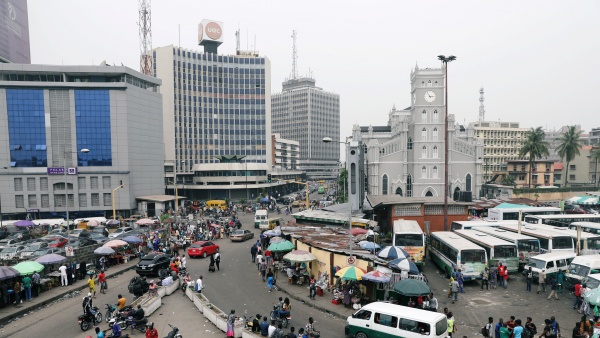There is no better time than now for the federal and state governments to leverage opportunities provided by the capital market for sourcing infrastructure financing, Mary Uduk, the acting director-general of the Securities and Exchange Commission (SEC), said at the weekend.
According to her, the capital market has the depth to revamp the nation’s poor state of infrastructure.
Uduk, in a keynote address at the Capital Market Correspondents Association of Nigeria (CAMCAN) 2019 Annual Workshop with the theme: “Bridging Nigeria’s Infrastructure Gap: The Capital Market Option,” quoted a report by the African Development Bank on Nigeria’s Infrastructure Plan in 2013 as estimating that the country needs to invest about $350 billion in its infrastructure sector in 10 years to be at par with its peers.
She stated that there were other estimates that have put the figure at slightly higher.
Uduk, who was represented by Sufian Abdulkarim, the head of the department, external relations, SEC, noted that the government, in recognition of this, has been doing its best to close the infrastructure gap as outlined in the Economic Recovery and Growth Plan (ERGP) for 2017-2020.
“However, the government cannot be the sole provider/promoter of infrastructure projects, private sector investment in the infrastructure sector is also required,” she said.
She noted that the capital market “provides an enabling environment for private investments in infrastructure projects and the SEC is doing its part to foster this through the implementation of the Capital Market Master Plan (2015-2025). The plan’s major objective is to transform the Nigerian capital market, making it competitive, while contributing towards the nation’s development through funds mobilisation.”
According to her, the Nigerian capital market has been used by the government since 1946 as a source of raising funds when the colonial government floated the first loan stock worth £300,000 to fund its local administration.
“We believe that the establishment of an active infrastructure fund via the capital market as being pursued by capital market stakeholders would be immensely beneficial in closing the infrastructure gaps in the country.
“The international capital markets are the largest and deepest pool of financing in the world and in conjunction with local capital markets, which represent an essentially untapped source of funds for infrastructure projects, they can make a huge contribution to economic development, if effective transaction structures are developed,” Uduk said.
Oluseun Olatidoye, an investment banker and head, debt capital markets, FBNQuest Merchant Bank Limited, who was the guest speaker at the workshop, supported Uduk’s declaration, saying that the capital market represented a very good platform for raising funding for development going by some landmark transactions in recent years.
He added that the capital market has “funded over portions of 26 roads across the six geopolitical zones in the country with the sum of N200 billion on the FGN Sukuk I and II.”









